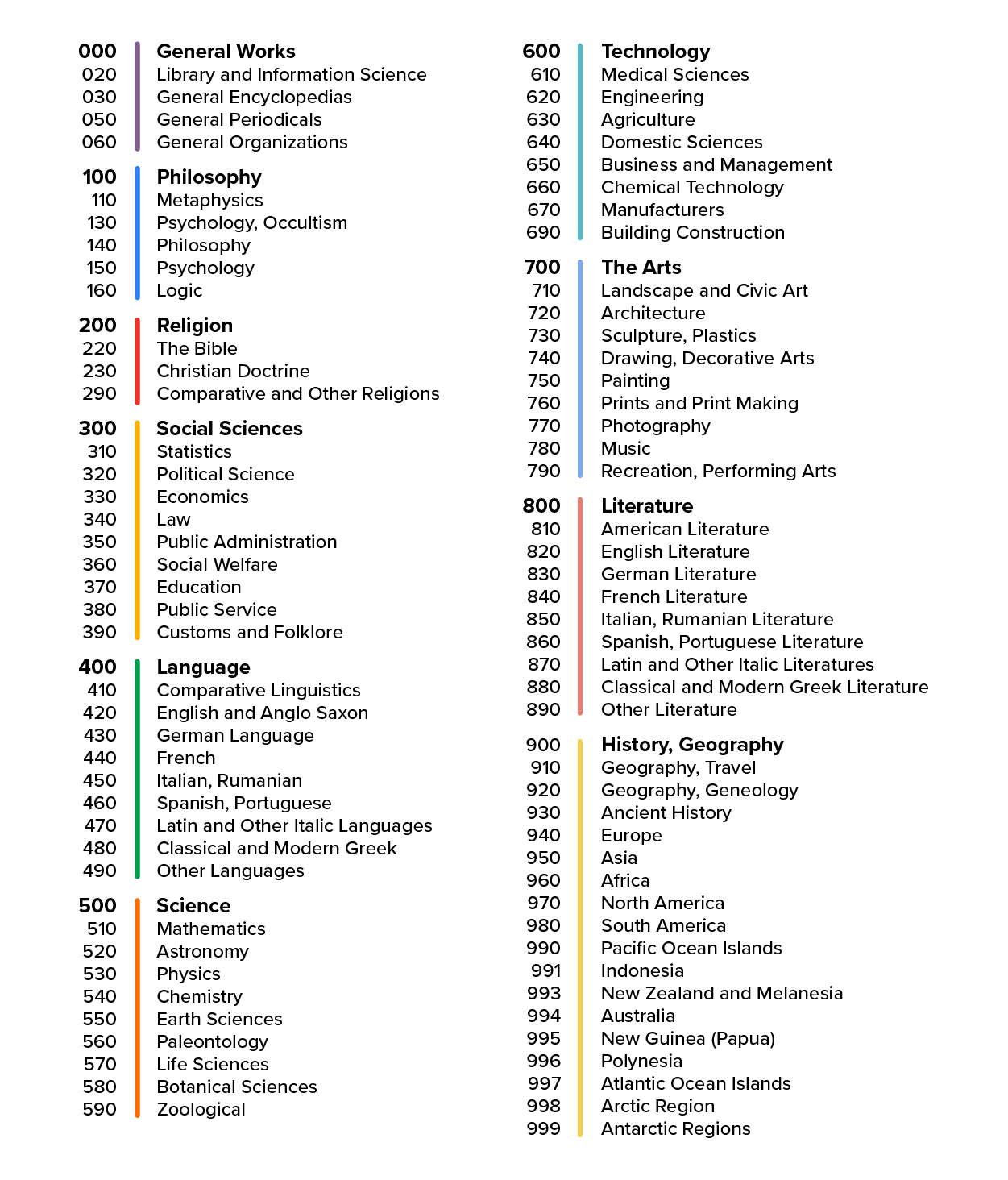Table of Contents |
Before we get into where and how to conduct your research, let’s take a moment to think about organization.
As you begin to assemble your research, it's imperative to keep your notes centrally located and easily accessible. You might want to create a binder to keep your papers and notes together or dedicate a multi-sectioned notebook to your research.
You might take notes on notecards, organizing them by color or heading. If you take your notes online, you can use cloud computing to store your research remotely and access them anywhere. Other software exists to keep your notes filed and organized electronically on your computer.
Always keep records of where you got your information. You'll need this if someone ever questions you about your facts after your speech.
Additionally, you should never copy any information word for word and claim it as your own. As we’ve discussed in previous lessons, plagiarism will only damage your reputation and the credibility and ethics of your speech, in addition to potentially causing you to fail a class, lose your job, or worse.
However you organize your notes, just make sure you have them organized and handy. You never know when you might run into a primary source!

When it comes to research, do you feel completely lost, with no idea how or where to start looking for information? The most common sources of information for researchers are the library and the internet. In this section, we will discuss what is available to you at the library and how to locate what you need.
Although libraries are typically associated with books, they have numerous other research resources, many of which are beyond the scope of what is easily accessible at home or on the internet.
Libraries house many resources you can locate, handle, and use immediately. These physical resources include:
Finding the correct information in a library can be a daunting task given the sheer number of resources. To make things easier, libraries have adopted classification systems. Physical materials (e.g., books, manuscripts, CDs) are categorized by a series of numbers and letters. The primary system of classification is Dewey Decimal Classification, though all of the systems work similarly. Each physical piece of material is assigned a number that relates to a hierarchical structure. The first numbers will be the broad subject (e.g., 330 is economics), the following numbers correspond to a subcategory (e.g., .94 is European economy), and so on. Since the materials are placed in order on the shelves, finding the material is a matter of just finding the section with the corresponding codes.

The advent of digital resources has dramatically expanded the walls of libraries. Now, libraries have resources such as e-books and online databases, which are not limited to physical locations within the library. Databases are particularly useful for researchers because they allow you to search for information by topic, category, author, date, or other valuable traits.
Databases may specialize in a specific field, such as medicine, business, or engineering. These databases provide access to not only historical information but also information that is not easily found through search engines like Google. The in-depth and historical information makes these databases one of the most valuable resources in the library.
You need to use one of the library's computers to use the library's digital materials, such as e-books or subscription-based databases. In some libraries, it's enough just to be using the library's Wi-Fi, but either way, the materials are not accessible without being at the library.
The library computers should provide links to different databases with a brief description of what the database contains. Then, you can go to the database and search the materials just as you would on Google.
Many of the best databases are subscription-based, so unless you work for a company that has a subscription or attend a university with one, the only practical (and affordable) place to get access is in the library. Specialized search engines and databases make targeting specific information and filtering out irrelevant material easier. If you are affiliated with a university or can access a public library, you probably have free access to research databases such as:

Because libraries can contain so many different resources, you may not discover what you need until you have spent a lot of time exploring what is available.
Enlisting a librarian's help can often save time because librarians are trained to evaluate all of their libraries' resources, including the best ways to access them and whether they are appropriate given your specific needs or interests.
While libraries have many physical and digital resources, some of their most valuable assets are their human resources. Librarians are knowledgeable about what information is accessible from each resource and can make your research efforts more manageable and efficient.
A research librarian can be an absolute godsend. Research librarians are trained to give helpful advice about structuring the research process and looking in the right places for relevant information. Even if you're comfortable with research, a research librarian may be able to save a lot of time by helping you refine your search. Librarians can also help you quickly learn to use technology or software, such as microfiche readers or database search programs, which you may need to complete your research.
Source: THIS TUTORIAL HAS BEEN ADAPTED FROM "BOUNDLESS COMMUNICATIONS" PROVIDED BY BOUNDLESS.COM. ACCESS FOR FREE AT oer commons. LICENSE: CREATIVE COMMONS ATTRIBUTION-SHAREALIKE 4.0 INTERNATIONAL.